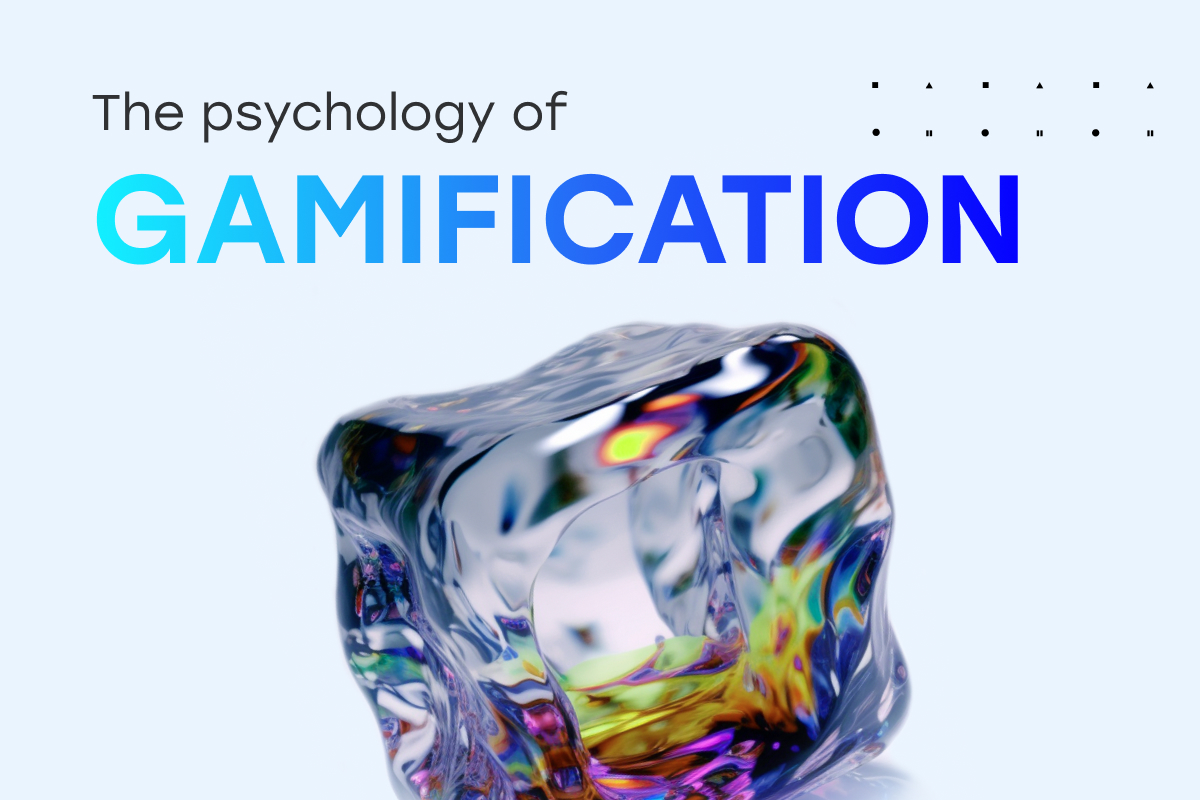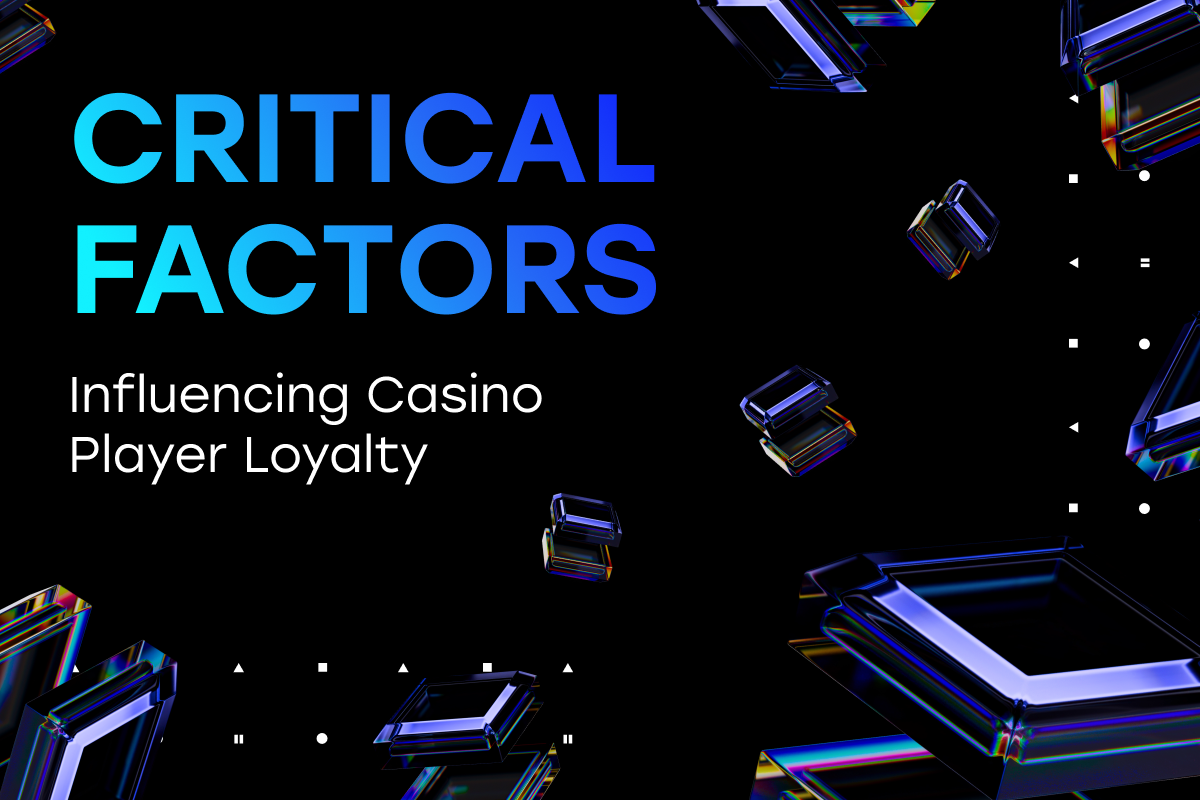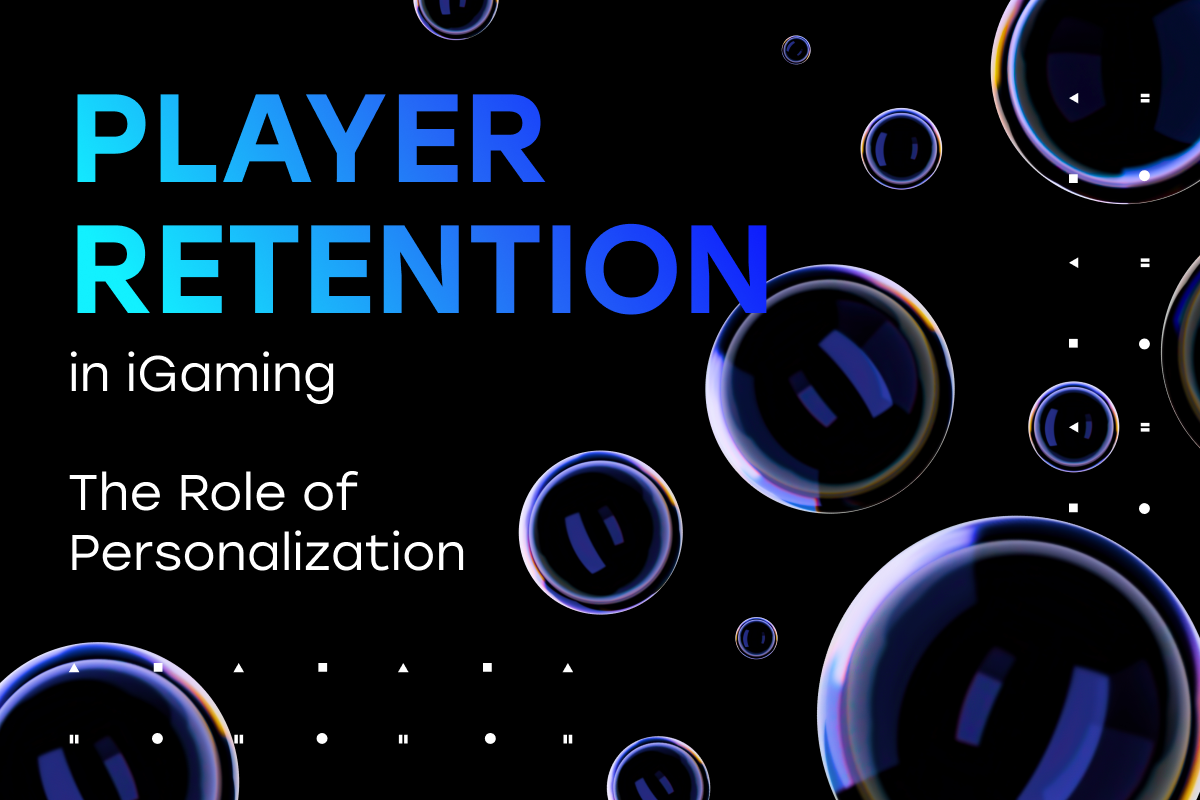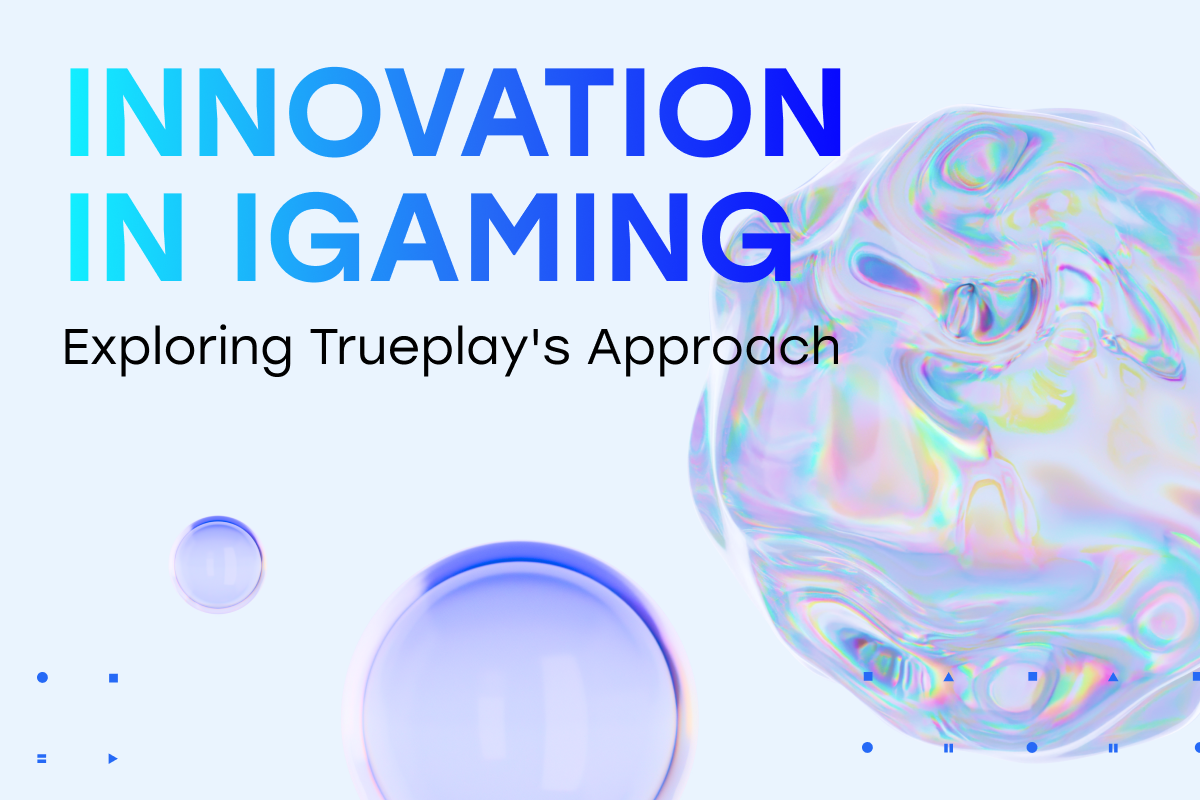Psychology of Player Engagement: the Impact of Gamification

In recent years, the iGaming industry has witnessed a remarkable rise in the utilization of gamification strategies and impact of gamification on enhancing player engagement. Gamification refers to introducing game-like elements and mechanics into non-gaming contexts, and it has proven to be a powerful tool in capturing players’ attention and motivating them to be active participants.
Keeping that in mind, Trueplay has developed branded loyalty programs with an impressive track record of boosting key metrics, with retention growing by 18%, ARPU by 12%, and LTV by up to 48%. In this article, we will explore the psychological impact of gamification on player engagement in iGaming.
How gamification works
Gamification employs various elements borrowed from gaming to create an immersive and enjoyable experience for players. These elements include points, levels, badges, leaderboards, challenges, rewards, and narratives. Each of these components appeals to different psychological aspects, such as the desire for achievement, competition, social interaction, and mastery. By incorporating these elements, iGaming platforms can transform routine activities into engaging and rewarding experiences, keeping players invested.
Psychological motivators
Gamification leverages several psychological motivators to drive player engagement. One of the most potent motivators is intrinsic motivation, which arises from the inherent satisfaction and enjoyment derived from the game itself. Gamification techniques tap into players’ intrinsic motivation by providing them with clear goals, meaningful challenges, and a sense of progress. Extrinsic motivators, such as rewards and recognition, play a crucial role in encouraging players to continue their engagement, as they trigger a sense of accomplishment and reinforce desired behaviors.
Social interaction
Human beings are inherently social creatures, and gamification capitalizes on this by fostering social interaction and competition among players. Leaderboards, for instance, foster competitiveness and the desire to outperform others, driving players to invest more time and effort in the game. Social engagement not only enhances player satisfaction but also increases the likelihood of long-term engagement.
Behavioral change
One of the remarkable effects of gamification is its ability to drive behavioral change and habit formation. Through the implementation of progress tracking, rewards, and feedback mechanisms, iGaming platforms can encourage players to adopt positive behaviors, such as regular play, skill development, or adherence to specific goals. Hence, gamification can shape player behavior over time, leading to long-term engagement and loyalty.
To wrap it up
Understanding the psychological impact of gamification allows iGaming platforms to design more compelling and enjoyable experiences for players, ultimately leading to increased player engagement and long-term success in the industry. Bringing branded loyalty programs for online casinos to the table, Trueplay taps into human nature and behavior patterns to create gamified experiences that will keep players coming back for more.



